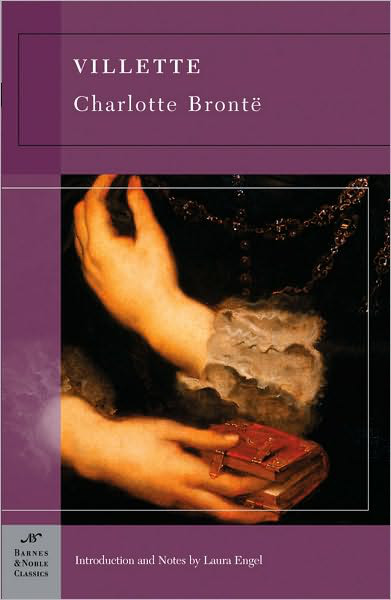
Villette (B&N) PDF
Preview Villette (B&N)
Villette, by Charlotte Bronte, is part of the Barnes & Noble Classics series, which offers quality editions at affordable prices to the student and the general reader, including new scholarship, thoughtful design, and pages of carefully crafted extras. Here are some of the remarkable features of Barnes & Noble Classics:
- New introductions commissioned from today's top writers and scholars
- Biographies of the authors
- Chronologies of contemporary historical, biographical, and cultural events
- Footnotes and endnotes
- Selective discussions of imitations, parodies, poems, books, plays, paintings, operas, statuary, and films inspired by the work
- Comments by other famous authors
- Study questions to challenge the reader's viewpoints and expectations
- Bibliographies for further reading
- Indices & Glossaries, when appropriate
All editions are beautifully designed and are printed to superior specifications; some include illustrations of historical interest. Barnes & Noble Classics pulls together a constellation of influences—biographical, historical, and literary—to enrich each reader's understanding of these enduring works.
Charlotte Brontë’s last and most autobiographical novel, Villette explores the inner life of a lonely young Englishwoman, Lucy Snowe, who leaves an unhappy existence in England to become a teacher in the capital of a fictional European country. Drawn to the school’s headmaster, Lucy must face the pain of unrequited love and the question of her place in society.
For Villette, Brontë drew upon her own experiences ten years earlier, when she studied in Brussels and developed an unreciprocated passion for her married teacher. The novel also reflects her devastating sense of loss and isolation after the deaths of her beloved brother and sisters, and her confusion and conflicts over the fame she achieved for having written Jane Eyre. But despite Brontë’s heartsick inspiration for the novel, and the grief that haunts its heroine, Villette is a story of triumph, in which Lucy Snowe comes to understand and appreciate her own strength and value.
Celebrated by George Eliot and Virginia Woolf for its strikingly modern psychological depth and examination of women’s roles, Villette is now recognized as Charlotte Brontë’s masterpiece, surpassing even Jane Eyre.
Laura Engel is Assistant Professor in the English Department at Duquesne University in Pittsburgh, where she specializes in eighteenth-century British literature and drama.
